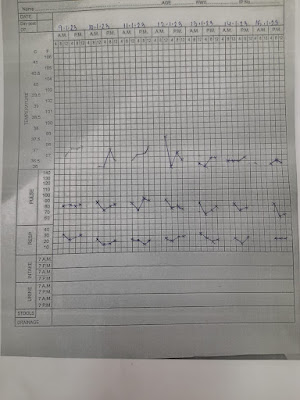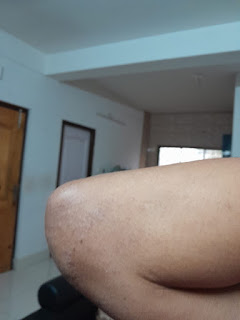CONNECTION BETWEEN CAFFEINE, ADENOSINE AND DAYTIME SLEEPINES
CONNECTION BETWEEN CAFFEINE, ADENOSINE AND DAYTIME SLEEPINES
Caffeine is CNS stimulant.It is mainly used recreationally as a cognitive enhancer, increasing alertness and attentional performance.Caffeine acts by blocking binding of adenosine to the adenosine A1 receptor, which enhances release of the neurotransmitter acetylcholine.
Caffeine has both positive and negative health effects. It can treat and prevent the premature infant breathing disorders bronchopulmonary dysplasia of prematurity and apnea of prematurity. Caffeine citrate is on the WHO Model List of Essential Medicines.It may confer a modest protective effect against some diseases, including Parkinson's disease. Some people experience sleep disruption or anxiety if they consume caffeine, but others show little disturbance.Caffeine can produce a mild form of drug dependence – associated with withdrawal symptoms such as sleepiness, headache, and irritability – when an individual stops using caffeine after repeated daily intake.Tolerance to the autonomic effects of increased blood pressure and heart rate, and increased urine output, develops with chronic use (i.e., these symptoms become less pronounced or do not occur following consistent use).
One meta analysis has found that caffeine consumption is associated with a reduced risk of type 2 diabetes.The DSM-5 also includes other caffeine-induced disorders consisting of caffeine-induced anxiety disorder, caffeine-induced sleep disorder and unspecified caffeine-related disorders. The first two disorders are classified under "Anxiety Disorder" and "Sleep-Wake Disorder" because they share similar characteristics.
Adenosine is a organic compound which occurs widely in nature in form of diverse derivatives. It is crucial for helping one get to sleep,but too much adenosine or any disruption to adenosine system can have a number of negative effects, including daytime sleepiness, addiction, immune imbalances and asthama. It is even hijacked by growing tumors. It's key role is that it controls SLEEP WAKE CYCLE. It is referred as "MASTER REGULATORS ".
The accumulation of adenosine in the body is related to the quantity of caffeine consumed during the day. By drinking beverages with high levels of caffeine, the body builds up an excessive amount of adenosine. Often this excess is not fully flushed from the body during sleep. This surplus of adenosine, therefore, contributes to the grogginess many suffer each morning. This feeling encourages people to load up on more caffeine. And on and on it goes! It’s a vicious cycle that results in poorer sleep and feeling tired all day.Due to this reaction, too much caffeine, especially over long periods, can lead to a disrupted sleep cycle. By blocking A1 receptor caffeine promotes wakefulness and by blocking A2A receptor it increases dopamine.
What Is Excessive Daytime Sleepiness?
Excessive daytime sleepiness is defined as difficulty staying awake or alert, or an increased desire to sleep during the day. The feelings of sleepiness may be stronger when you are sedentary, such as while driving or sitting at work. Although it is normal to feel sleepy once in a while after going short on sleep, repeated bouts of drowsiness are considered excessive daytime somnolence when this happens almost every day for at least three months.It is easy to confuse sleepiness with fatigue,since both conditions are characterized by a lack of energy and may arise under similar circumstances, such as being awake for extended periods. The principal difference is that people with fatigue may be unable to fall asleep despite feeling tired and sluggish. It is also possible to experience simultaneous fatigue and sleepiness.
Symptoms of daytime sleepiness:
• Trouble staying alert
• Feelings of irritation
• Memory problems
• Trouble focusing
• Difficulty retaining new concepts
• Difficulty making decisions
• Slower reaction times
• Risk-taking behaviors
References:
Wikipedia
Sleepscore.com/blog/learn-about-adenosine
Selfhacked.com/blog/adenosine-risks
Online.library.wiley.com/doi/ful/10.1111/jsr.13597
Sleepfoundation.org


Comments
Post a Comment